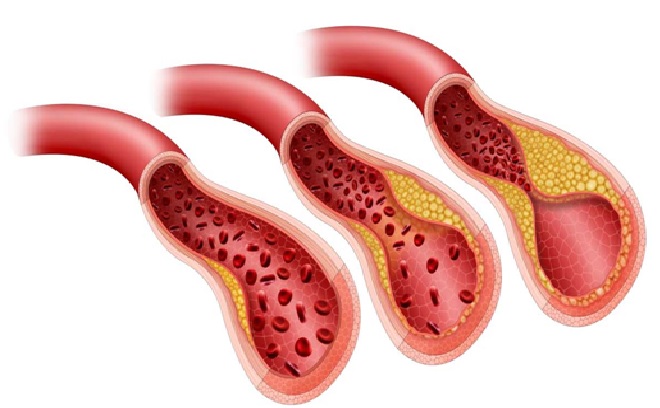AI Can Predict Spinal Cord Stimulation
A study led by Julie G. Pilitsis, MD, PhD, Dean and Vice President of Medical Affairs at Florida Atlantic University’s Schmidt College of Medicine, in collaboration with researchers from Albany Medical College, is the first to use machine-learning algorithms in the neuromodulation field to predict long-term patient response to spinal cord stimulation.

Figure 1: AI in the neuromodulation field to predict long-term patient response to spinal cord stimulation.
Figure 1 shows that Spinal cord stimulation is a minimally invasive FDA-approved treatment to manage chronic pain such as back and neck pain. This neuromodulation technique uses electricity and an implantable device, which has been increasingly used over the past five years as a non-pharmacological approach to pain conditions due in part to the opioid epidemic. [1]
Researchers used Pilitsis’ database – the largest single-centre resource of prospectively collected longitudinal spinal cord stimulation outcomes – to develop and internally validate predictive models.
They applied a combination of unsupervised clustering and supervised classification to obtain individualized models. Each subgroup/cluster comprised of a cohort of 151 patients and included 31 features. The study’s objective was to determine which patients would ultimately do well with spinal cord stimulation.
The ability of machine-learning algorithms to predict long-term patient response to spinal cord stimulation placement with relatively high performance.
The next step is to validate these data in a heterogeneous patient population prospectively to ensure that the algorithm is useful across different patient groups across the country and world. [2]
The researchers identified two distinct clusters, and patients in the two clusters differed significantly in age, duration of chronic pain, preoperative numeric rating scale, and preoperative pain catastrophizing scale scores.
The highest overall performance was demonstrated in logistic predictive models with a nested cross-validation using the 10 most influential features, with an area under the curve of 0.757 and 0.708 for the two clusters.
"Our study resulted in the development of a model to predict which patients would benefit from spinal cord stimulation," a co-author said in a statement.
"After we validate this work, our hope is that this machine-learning model can inform a clinical decision support tool to help physicians better choose which patients may be most appropriate." [3]
References:
- https://www.mlo-online.com/information-technology/artificial-intelligence/article/21266404/ai-could-predict-ideal-patients-for-spinal-cord-stimulation
- https://www.fau.edu/newsdesk/articles/chronic-pain.php
- https://www.drugs.com/news/ai-model-predicts-response-spinal-cord-stimulation-chronic-pain-105207.html
Cite this article:
Sri Vasagi K (2022), AI Can Predict Spinal Cord Stimulation, AnaTechMaz, pp.117















